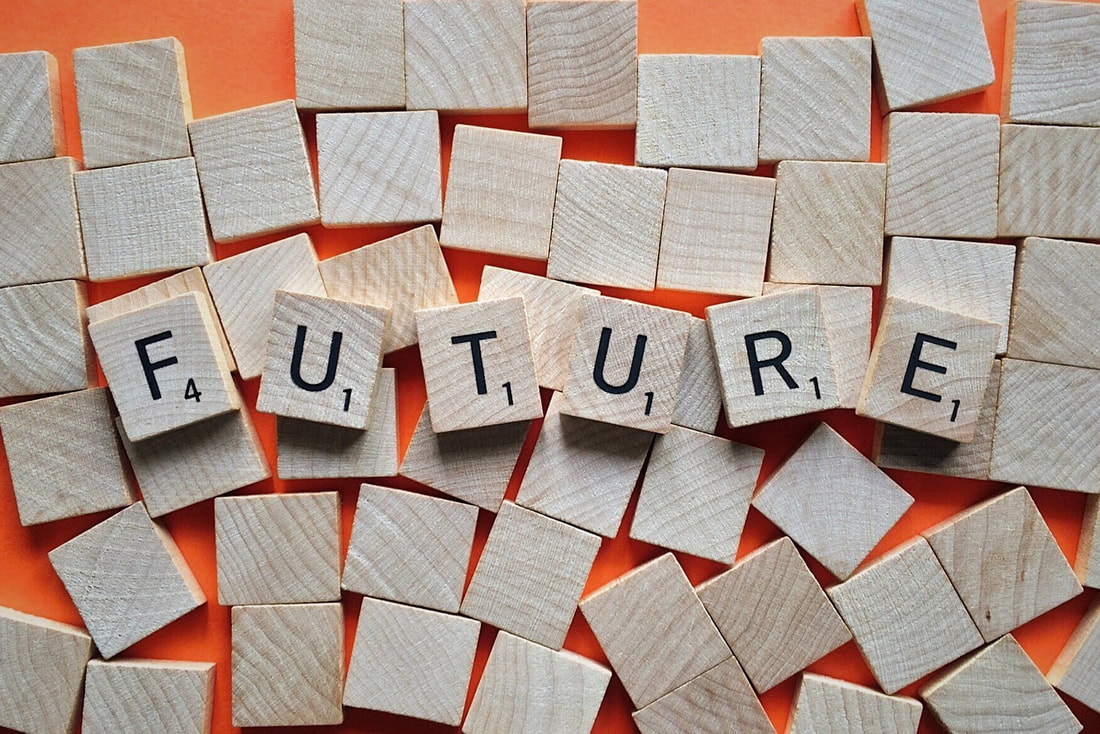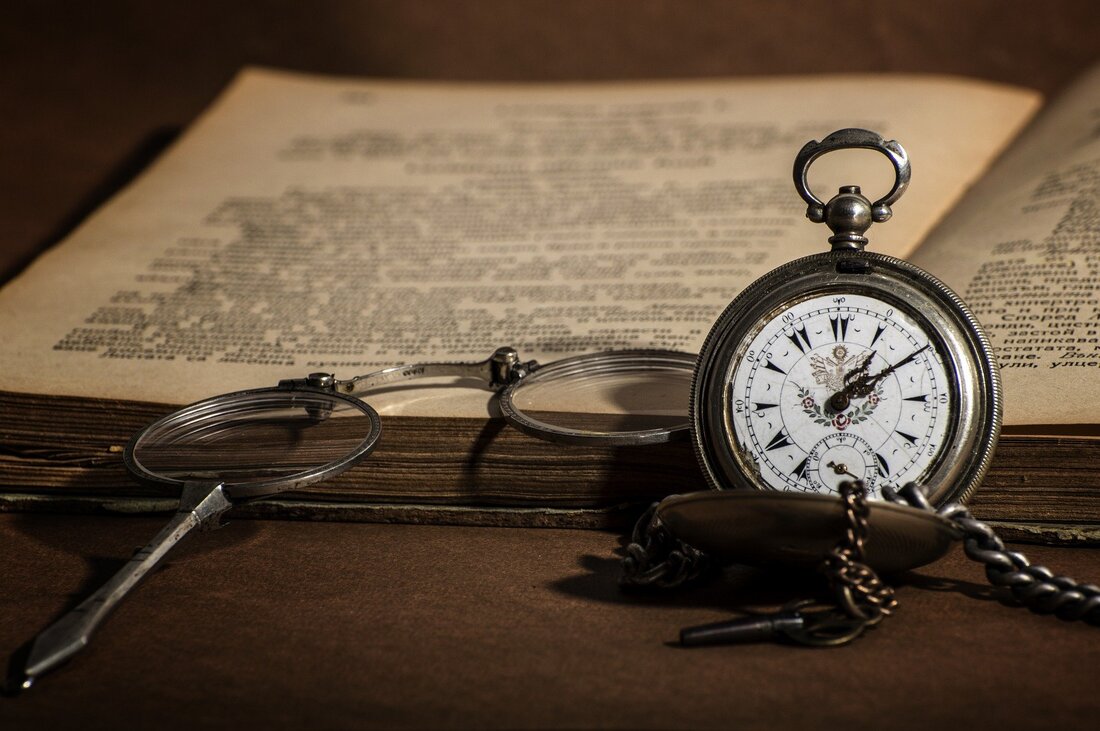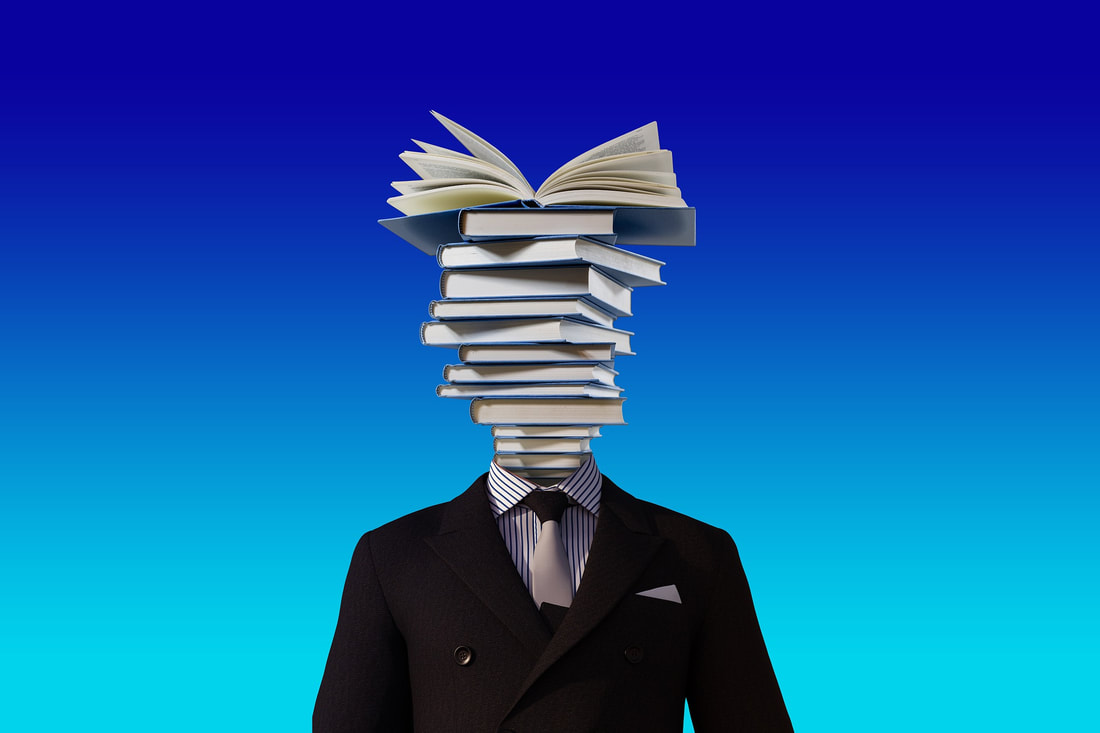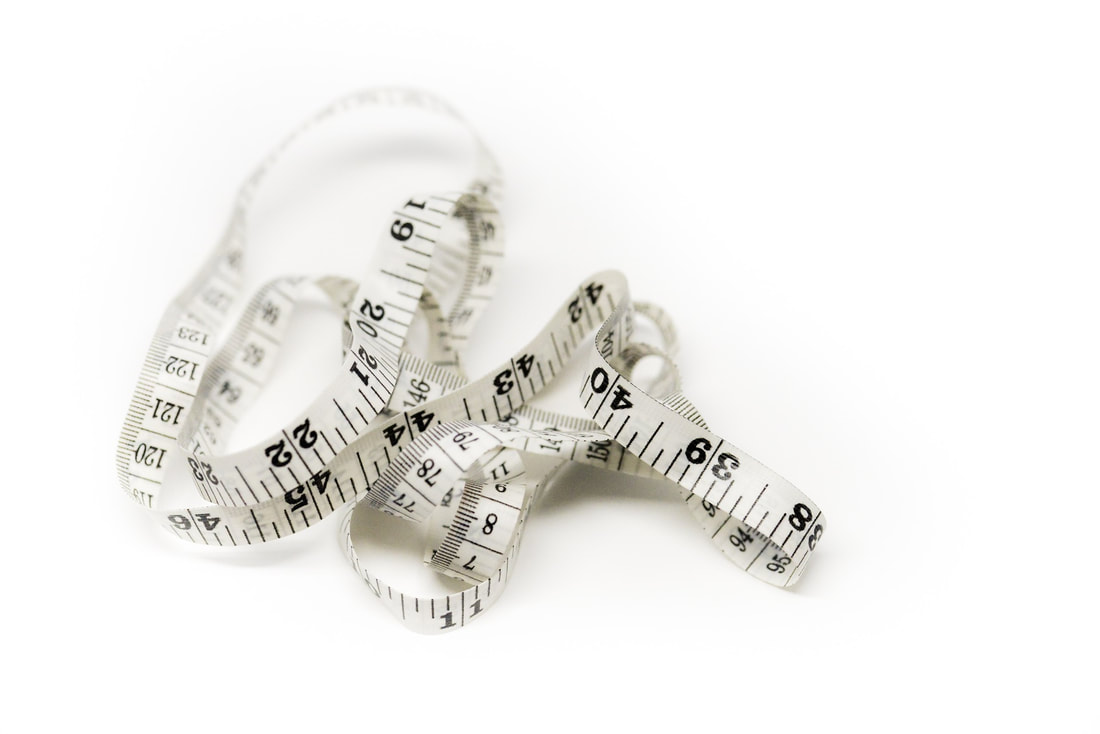|
Image by Wokandapix from Pixabay
People learn things for a variety of different reasons: to get a good grade, to earn a degree, to get a better job, to earn a badge or certificate to display on their website. But, I think the most important reason to learn is for its own sake. Or, as the physicist Richard Feynman put it, for "the pleasure of finding things out."
0 Comments
Image by Georgi Dyulgerov from Pixabay
What is creativity? Can it be learned? How do creative people think? These are some of the questions that Jonah Lehrer looks at in his book Imagine: How Creativity Works. One insight I think is particularly important and provides a useful argument for the importance of learning as much as you can even if it seems irrelevant to your area of study or your current job. Creativity requires the mixing of ideas and in order to do this you need to be exposed to many different ideas from many different areas of knowledge.
Image by Gerd Altmann from Pixabay
There are many ways to learn. However, I think books are one of the best. Having read over 1,200 books I would say that! Of course, there is more to learning any subject than reading but, I think there are still many tangible benefits to reading books and I would like to outline some of those here. Measurement can be a useful tool. But, when it comes to measuring outcomes in education there is always a risk that the measurement becomes the focus instead of the learning. When that happens, learning always seems to take a back seat to the measuring and testing that comes with it. What are we teaching students by focusing so much on measuring, outcomes, rubrics, and so on? I once asked a group of students whether they thought that once they got a job they would be presented with a rubric and graded like they were in class. One student, without a trace of humor, replied that yes that was exactly what she expected. Consider this from a recent article on LinkedIn titled Beyond the Lemonade Stand: How to Teach High School Students Lean Startups: "Because these were high school kids with, for the first time, a real business relying on them, this portion of the class shook them so badly they couldn't move from their seats–literally. All their hard-wired school habits turned to dust as the kids realized their school tools were useless: there were no solution keys, no rubrics, no answers in the back of the book." What are students going to do when there are no solutions keys, rubrics, or answers to check in the back of the book? Are we teaching them to over-rely on tools for measuring so that the tools become crutches? Or should we be training businesses to use rubrics to evaluate their employees? Yes, measuring is a useful tool. But, tools serve to further our goals. They should not be the goals themselves. "Not everything that can be counted counts, and not everything that counts can be counted." Albert Einstein |
KEVIN J. BROWNEPhilosopher / Educator These blog posts contain links to products on Amazon.com. As an Amazon Associate I earn from qualifying purchases.
Categories
All
Archives
April 2023
|







 RSS Feed
RSS Feed
















